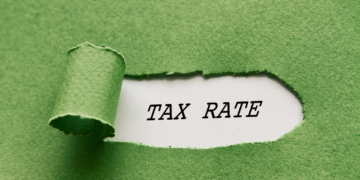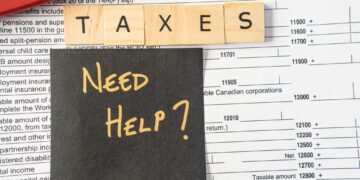Summary Answer
Full Discussion
Thank you, Mr Abraham, for your question. To answer the question regarding the use of lawyer services in Vietnam, it is necessary to first understand the principle of VAT imposition in Indonesia. The VAT system in Indonesia adheres to the destination principle. The destination principle means that VAT is imposed on the consumption of goods or utilization of services that occur within the customs area. Thus, even though the goods or services originate from outside Indonesia but are consumed or utilized in Indonesia, VAT is still payable in Indonesia. The provision is stipulated in Article 4 paragraph (1) of Law No. 42 Year 2009 on Value Added Tax on Goods and Services and Sales Tax on Luxury Goods s.t.t.d. Law No. 7 Year 2021 on Harmonisation of Tax Regulations (“VAT Law”), as follows:
“(1) Value Added Tax shall be imposed on:
1. delivery of Taxable Goods within the Customs Area made by an Entrepreneur;
2. import of Taxable Goods;
3. delivery of Taxable Service within the Customs Area performed by an Entrepreneur;
4. utilization of Intangible Taxable Goods from outside the Customs Area within the Customs Area;
5. utilization of Taxable Services from outside the Customs Area within the Customs Area;
6. export of Tangible Taxable Goods by Taxable Entrepreneur;
7. export of Intangible Taxable Goods by Taxable Entrepreneur; and
8. export of Taxable Service by Taxable Entrepreneur.”
Article 4, paragraph (1) of Law
In relation to Mr Abraham’s case study, although the provision of lawyer services is carried out in Vietnam for problems in Vietnam, in accordance with the destination principle, the party who benefits from the services is a company in Indonesia, namely PT X. Thus, VAT on the lawyer services must still be collected in Indonesia because it is considered as the utilization of JKP from outside the customs area within the customs area as stated in Article 4 paragraph (1) letter e of the VAT Law. In accordance with these provisions, VAT must be collected and deposited by PT X as the party that benefits from the lawyer’s services.
VAT on Freight Forwarding Services
Then, related to the question of VAT on Freight Forwarding services can be implemented based on the contract made by the relevant parties. Freight Forwarding itself is a business activity intended to represent the interests of the owner to take care of all/part of the activities necessary for the implementation of the delivery and receipt of goods by land, sea, and/or air transportation, which may include receiving, storing, sorting, packing, marking, measuring, weighing, managing document settlement, issuing transportation documents, calculating transportation costs, claims, insurance for the delivery of goods as well as settling bills and other costs related to the delivery of goods until the goods are received by those entitled to receive them.
In general, the parties to a transaction that uses Freight Forwarding services will make a contract to determine the charge for this service. If the Freight Forwarding service is charged to the recipient of the goods, then VAT will be collected from the recipient of the goods. Conversely, if, under the contract, the Freight Forwarding service is charged to the seller of goods, then VAT will be collected from the seller.
In Mr Abraham’s case, it is known that PT X bears the cost of Freight Forwarding services from the seller’s hand, in this case PT X, to the Port of Tanjung Perak. Thus, VAT should have been collected at 11% of the tax base (“DPP”).
For Freight Forwarding services, the VAT calculation is based on the DPP of Other Value as stipulated in the Minister of Finance Regulation Number 121/PMK.03/2015 (“PMK-121/2015”). The DPP of Other Value for Freight Forwarding services is 10% of the invoiced amount as stipulated in Article 2 letter m of PMK-121/2015.
“Article 2
Other Value as referred to in Article 1 is determined as follows:
m. for the delivery of transportation management services (freight forwarding) in which the invoice for transportation management services contains freight charges is 10% (ten percent) of the amount invoiced or should have been invoiced.”
Article 2 letter m PMK-121/2015.
In conclusion, the Freight Forwarding service fee borne by PT X is subject to VAT at a rate of 11% of the DPP. Then based on Article 2 letter m PMK-121/2015, the DPP of Freight Forwarding is 10% of the invoiced amount. Thus, the effective rate of VAT from freight forwarding is 1.1% of the invoiced amount. VAT on Freight Forwarding services must be collected by the Freight Forwarding company if it has the status of PKP.














